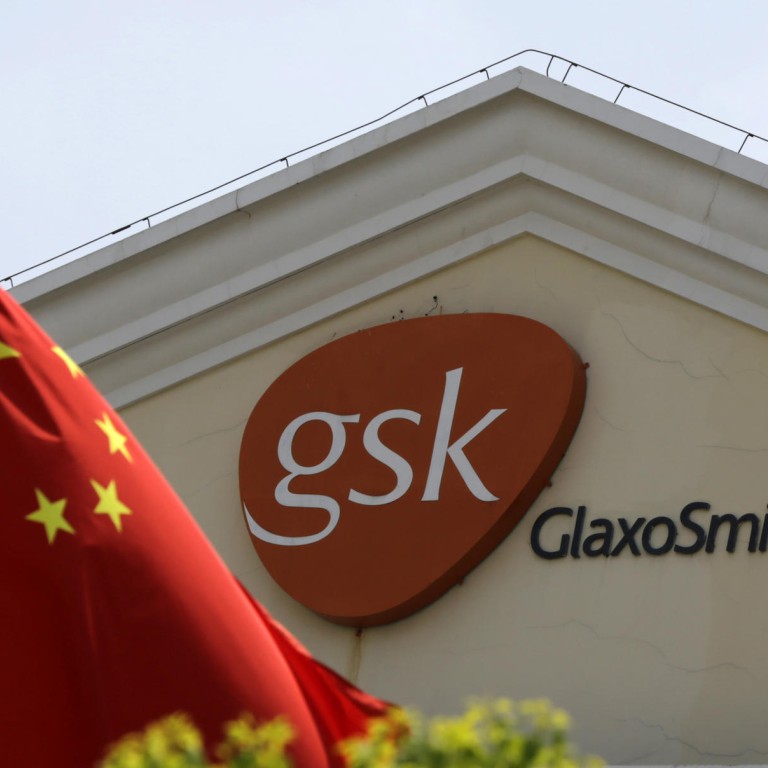
Multinationals in China on alert in wake of GSK case
In the wake of the Chinese government's punishment of GSK and some of its former senior executives for corruption, multinationals are changing their behaviour and strategies in China, said industry observers.
In the wake of the Chinese government's punishment of GlaxoSmithKline (GSK) and some of its former senior executives for corruption, multinationals are changing their behaviour and strategies in China, said industry observers.
Last Friday, Chinese state media reported that a 3 billion yuan (HK$3.8 billion) fine had been slapped on Britain's biggest drug firm, the largest corporate fine ever imposed by Beijing, as well as jail sentences of two to three years for former senior China executives of GSK, including Mark Reilly, the former China head of GSK.
"Western companies are increasingly realising business is no longer as usual in China," said Hugo Williamson, managing director of global risk consultancy IPSA International.
"This massive fine against GSK makes clear business in China needs to be conducted on the [Chinese] government's terms, and corporate governance needs to be strictly adhered to. While some Western firms might have scoffed at the notion of anti-corruption efforts in China, following this ruling, there can be no doubt of the government's intention, and the severity of misjudging this."
Foreign nationals may move out of the mainland to avoid the consequences if their companies risk being found guilty of corruption by the Chinese authorities, said Keith Williamson, head of forensic and dispute services, Asia for Alvarez & Marsal risk consultancy. They may also seek more support from their overseas headquarters to fight corruption in their mainland operations, he added.
In the face of the Chinese government's actions against GSK and antitrust investigations of multinationals in various sectors including drugs, milk powder and cars, "a very small number" of multinationals will probably consider relocating some of their mainland China operations, said Jean-Marc Blanchard, executive director of the Wong Centre for the Study of Multinational Corporations in the US.
However, many multinationals may opt to remain in China given the huge growth potential of the mainland market, said Hugo Williamson. For multinationals that choose to stay, they need to undertake wholesale reviews and revamping of their mainland operations and compliance programmes, he added.
Since the Chinese government started investigating GSK last year for corruption, most multinationals have substantially increased their attention to compliance, said Daniel Roules, a Shanghai-based partner at law firm Squire Patton Boggs.
"We've already seen much greater awareness from our clients of the various forms that corruption can take in China, and more robust implementation of the compliance programmes," said Roules. "In our own compliance training programmes, we will be able to cite specific sanctions against GSK and its executives rather than merely alluding to GSK."
Multinationals should go far beyond token training in anti-corruption practices and roll out corporate compliance codes to educate employees, which should include rigorous anti-corruption risk assessments and strong financial internal controls, said Keith Williamson.
The Chinese government's punishment has made it more likely Britain's Serious Fraud Office (SFO) will also penalise GSK. The SFO is investigating the actions of GSK in numerous countries under Britain's Bribery Act.

